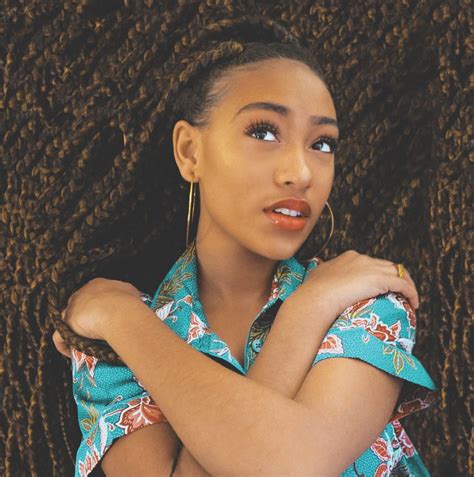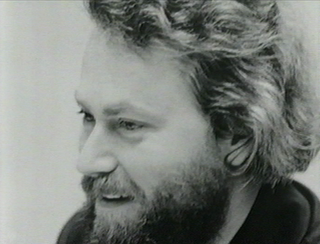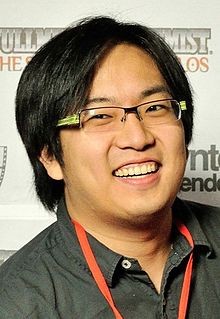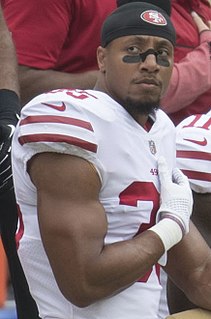A Quote by Lexi Underwood
Because when you have all white men in the writers' room trying to tell the perspective of cultural appropriation or what it's like to be black or Asian in America and not necessarily knowing what it's like, that's when everything gets mixed up.
Quote Topics
Related Quotes
In America, and no doubt elsewhere, we have such a tendency toward the segregation of cultural products. This is a black book, this is a gay book, this is an Asian book. It can be counterproductive both to the literary enterprise and to people's reading, because it can set up barriers. Readers may think, "Oh, I'm a straight man from Atlanta and I'm white, so I won't enjoy that book because it's by a gay black woman in Brooklyn." They're encouraged to think that, in a way, because of the categorization in the media.
The first thing that always pops into my head regarding our president, is that all of the people who are setting up this barrier for him... They just conveniently forget that Barack had a mama, and she was white - very white; American, Kansas, middle of America. There is no argument about who he is, or what he is. America's first black president hasn't arisen yet. He's not America's first black president. He's America's first mixed-race president.
I love everything black, because black is cool. When something crosses over, people are like, "Oh, this is a crossover." First of all, there is no urban anymore. Pop culture is black. White kids are dressing like black kids. It's all crossed the lines now. The way I understand it is, everything black is cool. When it crosses over to white, that means it's going from cool to uncool. That's what crossover is.




































